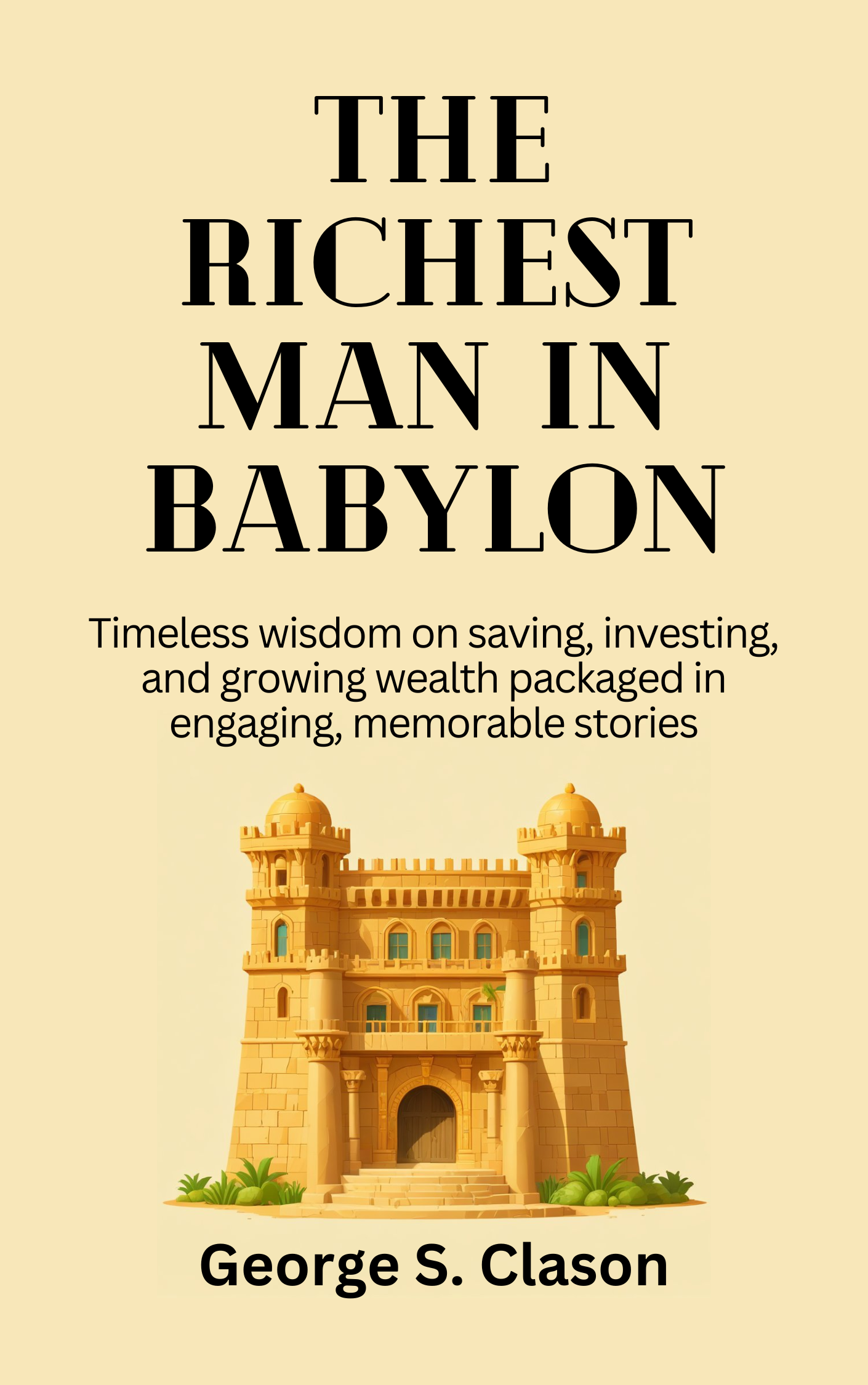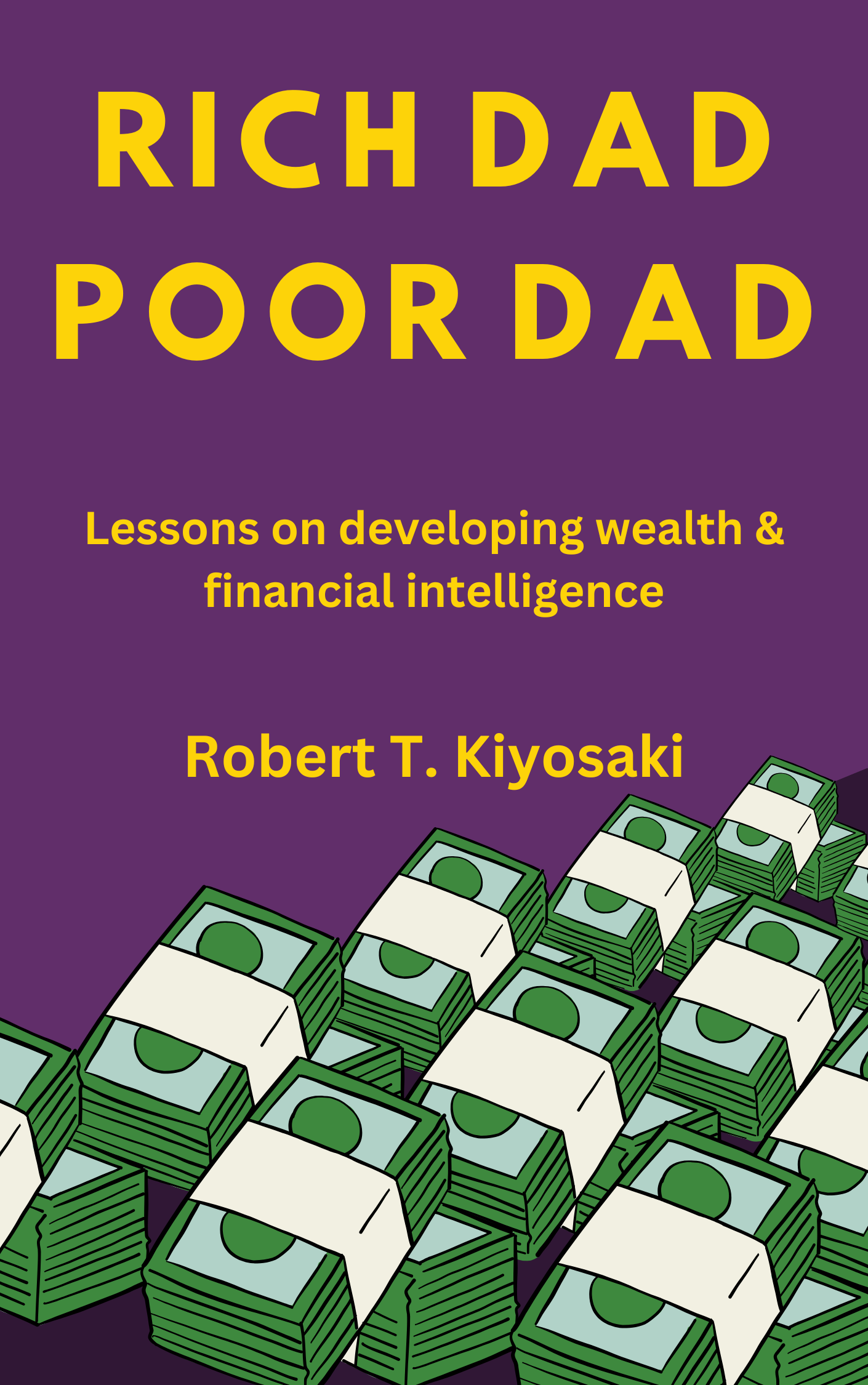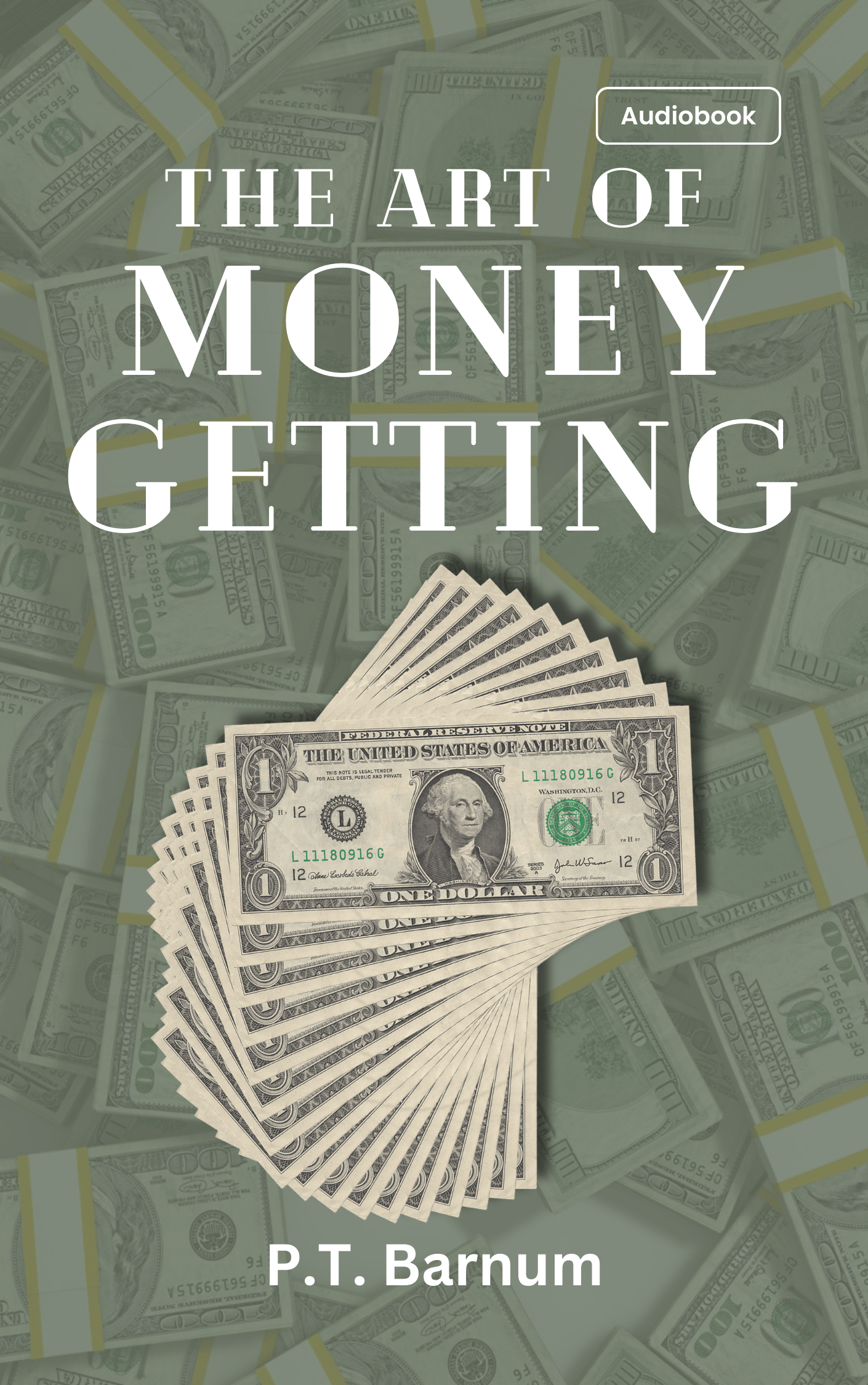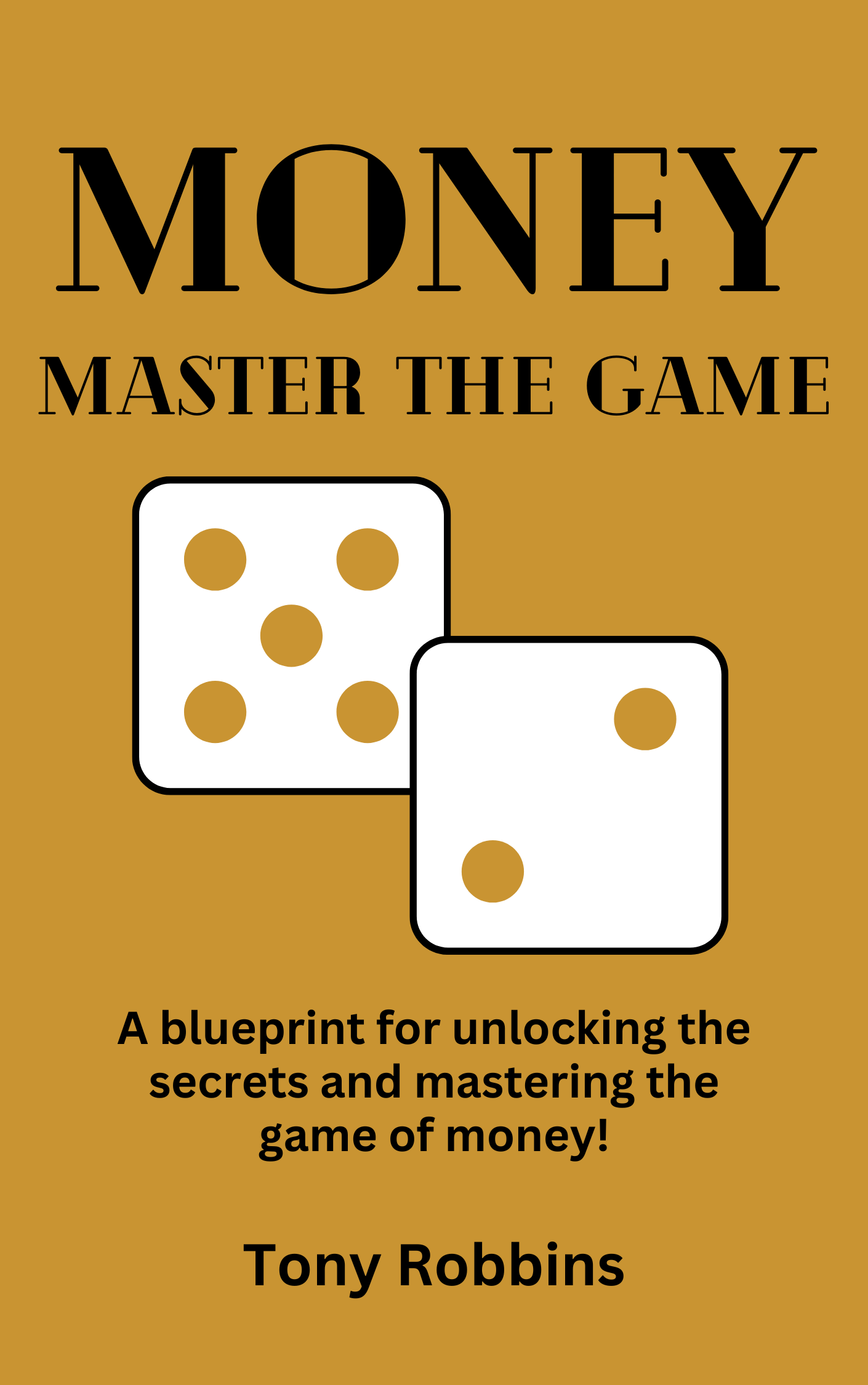Introduction
Step into ancient Babylon, where the secrets of wealth await you!
You'll meet Arkad, Babylon's richest man, who started with nothing but determination. His journey taught him "laws" that anyone can follow, even 6000 years later: save at least one-tenth of your earnings, seek advice from true experts, and put your money to work through wise investments. Arkad will teach you that wealth isn't about luck - it's about consistent habits and preparation. And to apply these laws, Arkad gives us the "seven cures for a lean purse."
Through charming parables that feel like a conversation with the Jedi Council, you'll learn that building wealth isn't about luck or birth, but about following these principles with discipline.
Now! The cures await...
Fix Your Empty Wallet
Listen, we've all been there - empty wallet syndrome! Arkad, our richest man in Babylon, had students with the same problem. Scribes, butchers, egg sellers - all broke, all wondering why.
Arkad's first wallet-fixing trick? Super basic but totally works. Take 10 coins, spend 9, keep 1. That's it! Just save 10% of whatever you make. And just so you know, you won't even notice that 10%. Arkad still bought what he needed AND had fun. Even better - money started showing up more easily once he began this habit. Weird but true!
When his students complained they couldn't possibly save anything, Arkad dropped lean purse cure number two: Your expenses magically grow to match your paycheck! Ever noticed that? You get a raise and suddenly your 'needs' expand. That new iPhone, that branded coffee, or any of your premium subscriptions? They aren't truly necessities. Just a want wearing a disguise!
Arkad also advised his students to write down everything they spend on. One student complained this would ruin his fun. Called it "the slavery of a budget." But actually, a spending plan gives you MORE freedom! It stops random purchases from stealing your dream-money. So, tonight, try this: write down all your expenses and identify the unnecessary ones. Then, create a written budget for necessities. Actual needs only. Also, demand full value for every coin spent! Don't waste a single penny.
Without saving consistently and controlling expenses, no strategy will create lasting wealth. Now, moving on!
Get Rich, Stay Rich
Nice job setting aside that tenth of your earnings! But keeping money in a purse is like having a talented employee sitting idle all day - wasted potential! The real magic happens when your money starts making more money on its own. Arkad's third cure!
Arkad started by lending to Aggar, a shield maker who needed cash for bronze shipments. Then, Arkad reinvested his returns, creating a snowball effect. "My humble earnings begot golden slaves, each earning more gold," he explains. Similarly, Clason mentions a farmer who invested ten silver pieces at his son's birth. It grew to 167 pieces by the child's fiftieth birthday. In today's terms, that's like turning $1,000 into $16,700 without lifting a finger!
But making money work for you requires protecting it too. Arkad's fourth cure warns against chasing get-rich-quick schemes. The first rule of investing is protecting your principal - your original money. He learned this lesson the hard way after trusting a brick maker to buy him Phoenician jewels that turned out to be worthless glass. Looking back, he realized his error: why would a brick maker know anything about authenticating precious gems? It was like asking a plumber to perform heart surgery.
Don't assume you're smart enough to navigate every investment opportunity. Before risking your money, consult people who specialize in profitable investments. Their guidance might seem expensive, but it's dirt cheap compared to losing your entire investment.
More money-multiplying cures up next!
Home and Future
Arkad's fifth cure hits close to home. Literally! "Own thy own home," he tells his eager students. But why? First off, rent is basically money thrown to the wind. You pay month after month, and what do you have to show for it? Nothing. Zero. Zilch. Meanwhile, your landlord gets richer. If you spend eight years paying $1,500 monthly rent, that's $144,000 gone forever. Had you bought a home, you'd be building equity - actual wealth - with each payment.
Besides, homes bring joy beyond finances. There's profound satisfaction in watching tomatoes grow in your garden or seeing your kids run freely in their own yard. Ownership creates a special pride that renting never can. Plus, this reduces living expenses, freeing money for other purposes.
Arkad's sixth cure takes us beyond our working years: "Insure a future income." See, aging isn't optional (unless God calls you early), so financial preparation isn't optional either. Arkad's sandal-maker friend saved just two silver pieces weekly. After eight years, this modest habit grew to 1,040 pieces. In twelve more years, it would reach 4,000 - enough for lifetime security. The power wasn't in the amount (which was small) but in the consistency and time.
Adopt this "two silver pieces" approach: automatically transfer a small amount from each paycheck into investments. Make it automatic so you never "feel" the transfer. These modest but regular contributions create significant wealth over decades.
Look at that! We've already reached the 7th cure...
Arkad's Final Cure for Empty Pockets
Now, you want more money in your pocket? Stop looking at your wallet and start looking at yourself! You now have six financial remedies, and Arkad has finally dropped his ultimate cure – the secret isn't managing money, it's becoming more valuable yourself.
Arkad shares a story about a young man seeking a loan because his earnings couldn't cover expenses. Rather than lending money, Arkad asked what he was doing to increase his earning capacity. The man's response? He'd asked for raises six times in two months! While misguided, his desire to earn more was the crucial first step.
Specific goals trump vague wishes. "I want to be rich" gets you nowhere, but "I want to earn five extra gold pieces this month" creates action. Start small, succeed, then aim higher - that's how wealth builds step by step.
Arkad recalls working as a humble scribe carving clay tablets. Noticing others earned more, he investigated why: they showed greater interest, concentration, and persistence. Instead of demanding raises, he improved his performance until he surpassed everyone. Recognition followed naturally. For today's worker, this means becoming indispensable through expertise. Take an online course to upgrade your skills or study successful people in your field. Simultaneously, develop financial behaviors that build self-respect: handling money responsibly: paying debts promptly, caring for family, preparing a will, showing reasonable compassion to others. Continuous self-improvement
So, don't just cut expenses - invest in yourself. Identify one specific skill in your field that commands higher compensation and master it. Focus on the skill with the highest return for your situation.
Arkad's next discussion? How to attract good luck.
The Action Connection
Is succeeding at these principles good luck? Just a random chance, or can ‘luck’ be deliberately attracted?
Here are some stories to help you decide.
An elderly merchant missed an investment opportunity in favour of buying new robes from Eastern traders. If he committed that tenth of his income to the investment, he would have to delay these pleasures. He procrastinated until the opportunity vanished, missing out on substantial profits. This still happens, btw. Someone considers investing part of their salary in a retirement account but decides they'd rather spend that money on a fancier car. Years later, when that investment would have multiplied many times over, they regret their short-term thinking.
An animal buyer then shares his own story. He met a farmer urgently needing to return home to his sick wife. The farmer offered his large flock of sheep at a reasonable price. Though the animal buyer agreed to the purchase, he refused to pay until morning when he could properly count the sheep. By sunrise, four other buyers had rushed out and purchased the flock at triple the price. This time it was hesitation which wasted the opportunity.
How many of us have seen a promising investment, business idea, or career opportunity, only to say, "Let me think about it" until the chance disappears? That promotion you hesitated to apply for, the investment property you researched for months while others made offers, the business partnership you kept "considering" until someone else stepped in - these are modern versions of the merchant's procrastination and the animal buyer's hesitation.
Your lesson in all this? Good luck follows opportunity, and opportunity requires action. So "good luck" is not something that randomly happens to passive bystanders - it's the natural result of recognizing and acting on opportunities.
Follow Arkad's wisdom and identify one opportunity in your life right now that you've been postponing. Set a specific deadline - not "someday" but an actual date - and commit to taking decisive action by then. Quick decision-making often matters more than perfect decision-making. Good luck favors those who act.
Now! Remember the laws we mentioned in the very beginning? Let’s talk about those a bit now.
How Arkad's Son Mastered the Laws
Arkad gave his son Nomasir two gifts: a bag of gold and a clay tablet engraved with five laws of managing wealth. Then he sent him out into the world to prove he could handle an inheritance.
Like most of us, Nomasir focused on the gold and tucked that tablet away for "later reading." It cost him dearly. First, he fell for a get-rich-quick scheme. Then he entered a business partnership where he contributed all the capital. Broke and desperate, he finally pulled out that clay tablet and actually read his father's wisdom.
The First Law? At least one-tenth of everything you earn must be saved. Not spent and certainly not "invested" in the latest trend. Simply saved. When Nomasir began following this law, a slave master noticed his thrifty habits and offered him an investment opportunity. This wasn't some flashy scheme but a carefully considered opportunity by people who understood the market. They "talked over each plan presented with great care, before entering upon it. They would take no chance on losing their principal or tying it up in unprofitable investments." This perfectly illustrates the Third, Fourth and Fifth Laws! Yes, we're taking them out of order, just as Nomasir experienced them: seek advice from those skilled in handling money, avoid investing in ventures you don't understand yet and steer clear of schemes promising impossible returns. Following this guidance Nomasir's small savings grew substantially. He also followed the Second Law: making your money work. His gold wasn't sitting idle; it was invested in ventures that generated returns, which were then reinvested to create even more wealth.
Ten years after leaving home, Nomasir returned with three bags of gold!
So what can we learn from Nomasir's journey? We can either learn these lessons the hard way - through our own costly mistakes - or we can learn from others who have already walked the path.
Alright! For our next lesson, we head over to Mathon, Babylon's gold lender.
Cautious Lending
That gold in your pocket? It's whispering responsibilities you never knew existed. Just ask Rodan, who suddenly found himself with fifty gold pieces and family members appearing from thin air asking for "help."
Mathon says "Gold brings responsibility and a changed position with your fellow humans." Translation? Money makes you popular -for all the wrong reasons.
When Rodan's sister wants him to fund her husband's merchant dreams, Mathon shared a crucial lesson through the tale of an ox and ass. The ox complained about working hard all day while the ass just carried their master around. Feeling sorry for the ox, the ass suggested the ox pretend to be sick. The plan worked - the ox got a day off! But guess who had to pull the plow instead? You got it! The ass. The moral? Help your friends, but not in ways that dump their problems onto you.
Next, Mathon showed Rodan his token box - a collection of items borrowers had left as security for loans. Each item told a story about lending wisdom. Some loans were backed by property like land or jewels. Others were given to people with steady jobs who could repay from their income. And some were risky loans to people with neither assets nor reliable income. Today we might not use a token box, but the principles remain. That "sure thing" investment your brother-in-law wants you to fund? Ask yourself: Is it backed by something tangible? Does he have experience in this field? Can he actually repay you if things go south? Knowledge, experience, and security!
Speaking of security…
Standing Strong
Old Banzar stood guard at the walls of Babylon when the city faced the mighty Assyrian forces with limited defenders. Banzar repeated the same steady affirmation: "The walls of Babylon will protect you."
For over three weeks, the assault continued. Finally, after twenty-six days of relentless attack, the Assyrians retreated. The walls had held!
Here lies your powerful lesson about protection. Those walls weren't built in a moment of crisis; they were constructed decades earlier precisely for times like these. In our lives, financial protection works the same way. We don't build emergency funds the day we lose a job or establish insurance when the house is already on fire. We prepare in advance. Today's "walls" might look different - savings accounts, insurance policies, diversified investments - but they serve exactly the same purpose. They stand between us and disaster when life's armies come marching. And when you're hit, stand strong!
Dabasir, a camel trader, had once been a saddle maker who lived far beyond his means. When creditors started hounding him, he abandoned his wife and fled Babylon, only to be sold into slavery in Syria. A turning point came when one of his master's wives, Sira, made him her camel tender. She asked him a question that cut to his core: "Have you the soul of a free man or the soul of a slave?"
With newfound determination, he returned to Babylon. There, Mathon taught him the 10-70-20 formula:
First, save 10% of all earnings for yourself. You should know this one by now! Second, live on 70% of your income. This covers housing, food, clothing, and reasonable pleasures. The key word is "reasonable" - Dabasir learned to enjoy life without overspending. Third, use 20% to pay down debts. Dabasir distributed this portion among all his creditors, gradually earning their respect through consistent payments. Today, this might mean tackling credit cards, student loans, or mortgage debt.
Despite incredible hardships, he persevered. Dabasir transformed from slave to respected citizen because he faced his failures directly. So, when your own choices have led you into the desert, remember: a determined soul can find its way home.














